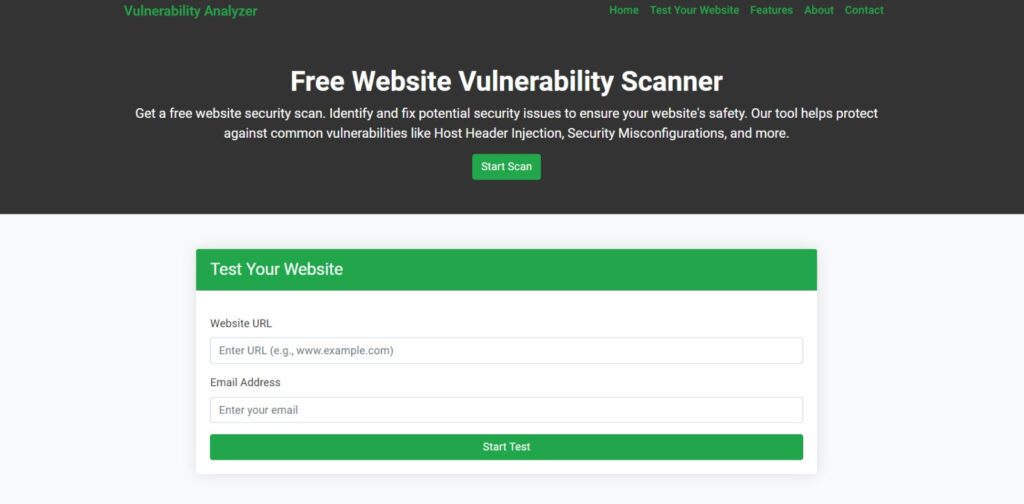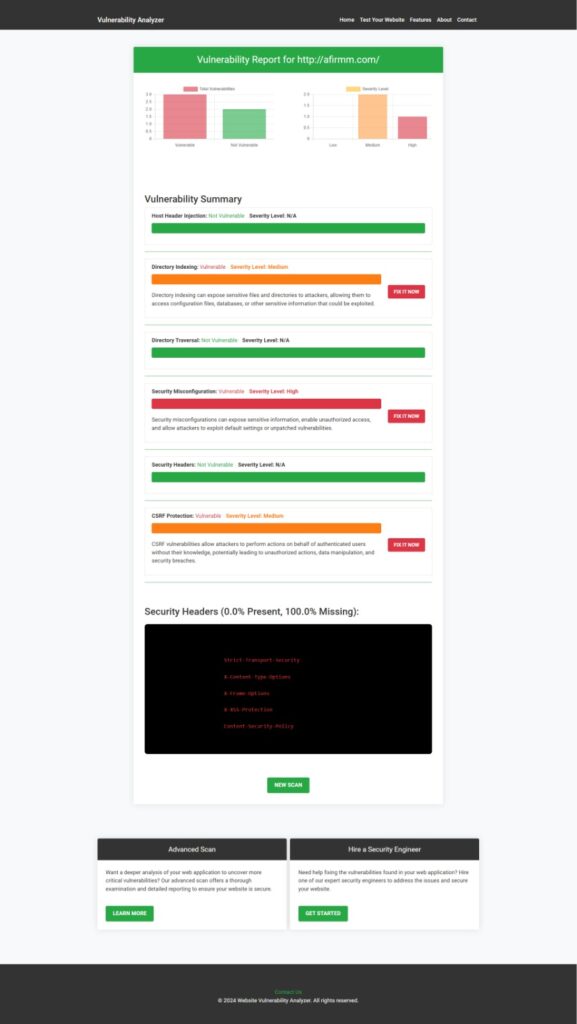5 Proven Ways to Address Insufficient Logging and Monitoring in OpenCart
Introduction
Inadequate logging and monitoring expose e-commerce platforms like OpenCart to significant security risks. These vulnerabilities can lead to data breaches, delayed incident detection, and loss of sensitive information. This guide will explore the causes and impact of insufficient logging and monitoring in OpenCart, provide coding solutions, and show you how to leverage tools like the free security checker on Pentest Testing.

What is Insufficient Logging and Monitoring?
Insufficient logging refers to the absence or inadequacy of tracking system activities, while poor monitoring involves a lack of proactive oversight of logs to identify unusual or malicious behaviour. These gaps make it challenging to detect and respond effectively to potential threats
Why Logging and Monitoring Matter for OpenCart Security
- Improved Incident Response: Proper logging and monitoring help identify threats early.
- Regulatory Compliance: Many laws require businesses to log system activity.
- Customer Trust: Ensuring data protection fosters customer confidence in your store.
The Risks of Insufficient Logging and Monitoring
Some potential risks include:
- Unauthorized access to sensitive data.
- Unnoticed brute force or injection attacks.
- Unreported downtime or errors affecting the user experience.
For a practical example, let’s consider how lack of monitoring could allow attackers to exploit an OpenCart vulnerability undetected.
Coding Example: Implementing Basic Logging in OpenCart
You can add custom logging functionality to your OpenCart store using PHP’s error logging.
Step 1: Enable Error Reporting
// Enable error reporting in the index.php file
error_reporting(E_ALL);
ini_set('display_errors', '1');Step 2: Create a Custom Logger Class
class Logger {
private $logFile = 'logs/error_log.txt';
public function logError($message) {
$date = date('Y-m-d H:i:s');
$logMessage = "[$date] - $message" . PHP_EOL;
if (!file_exists($this->logFile)) {
mkdir(dirname($this->logFile), 0755, true);
}
file_put_contents($this->logFile, $logMessage, FILE_APPEND);
}
}
// Usage
$logger = new Logger();
$logger->logError('Unauthorized access attempt detected!');Step 3: Integrate into Key Functions
Add logging in critical areas such as login processes or admin actions:
if ($user->isLoggedIn() && !$user->hasPermission('view', 'admin')) {
$logger->logError('Unauthorized admin page access by user: ' . $user->getId());
}Add Screenshots for Better Context
- Screenshot of Free Tools
Include a screenshot of the free website security scanner to demonstrate how easy it is to evaluate vulnerabilities.

- Website Vulnerability Assessment Report
Show a screenshot of the tool’s sample vulnerability assessment report to check website vulnerability.

Advanced Monitoring with Third-Party Tools
Consider integrating advanced logging tools like ELK Stack or Splunk for comprehensive monitoring.
Example: Integrating OpenCart with Splunk
// Example code to send logs to Splunk via HTTP Event Collector
function sendLogToSplunk($message) {
$url = 'https://splunk-url:8088/services/collector';
$data = json_encode(['event' => $message]);
$headers = [
'Authorization: Splunk your-token',
'Content-Type: application/json',
];
$ch = curl_init($url);
curl_setopt($ch, CURLOPT_POST, 1);
curl_setopt($ch, CURLOPT_POSTFIELDS, $data);
curl_setopt($ch, CURLOPT_HTTPHEADER, $headers);
curl_setopt($ch, CURLOPT_RETURNTRANSFER, true);
$response = curl_exec($ch);
curl_close($ch);
return $response;
}
sendLogToSplunk('Admin page accessed without sufficient privileges.');Preventing Other Vulnerabilities
If you’re addressing logging issues, you may also want to consider securing your platform against other vulnerabilities. Explore our guides:
- Prevent Path Manipulation in TypeScript
- Weak Password Policies in OpenCart
- Unrestricted File Upload in OpenCart
- How to Fix API Vulnerabilities in OpenCart
For more valuable insights, visit our blog page.
Improving Monitoring with Notifications
Enable notifications for critical events like failed logins. Here’s a sample email notification script:
function sendNotification($email, $message) {
$headers = 'From: [email protected]';
mail($email, 'Critical Security Alert', $message, $headers);
}
// Example usage
if ($failedLoginAttempts > 5) {
sendNotification('[email protected]', 'Excessive login failures detected.');
}Conclusion
By addressing insufficient logging and monitoring in OpenCart, you can enhance your website’s security posture and protect user data. Use our free tools and implement the provided coding solutions to safeguard your e-commerce platform.
For detailed insights into strengthening OpenCart security, leverage the resources and guides available on Pentest Testing and Cybersrely.

